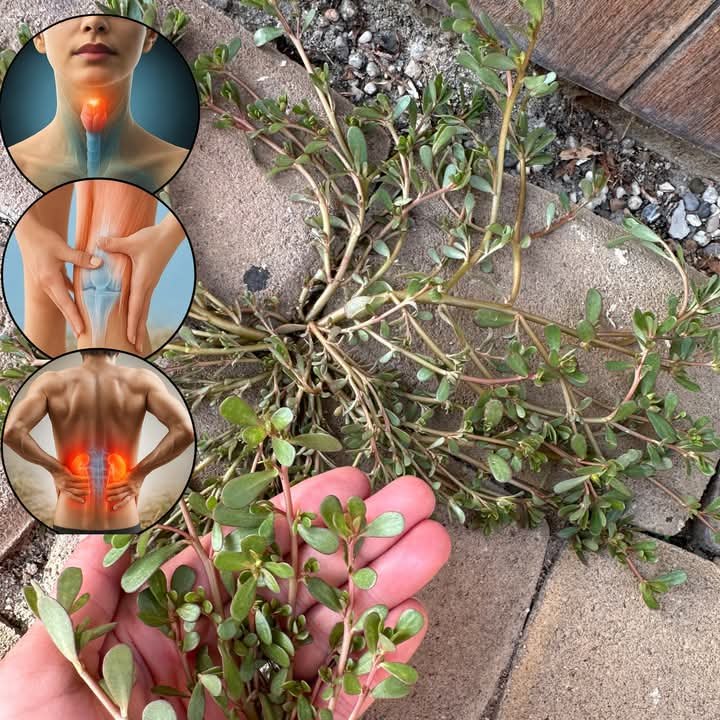Spotted spurge (Euphorbia maculata), a common but often overlooked “weed” that grows in yards, sidewalks, and driveways. Despite its humble appearance, spotted spurge has a surprising history of traditional medicinal uses and potential benefits—but with serious warnings as well.
🌿 What Is Spotted Spurge?
-
Scientific name: Euphorbia maculata
-
Common names: Spotted spurge, milk purslane, prostrate spurge
-
Appearance: Low-growing, reddish stems with small oval leaves (often with a dark red spot in the center), and milky white sap when broken
-
Habitat: Thrives in sunny, dry areas—lawns, cracks in pavement, and disturbed soil
💥 Traditional & Folk Uses
Though often treated as a nuisance, various cultures have used spotted spurge medicinally:
✅ Traditional Uses Include:
-
Digestive support: Used in small amounts to treat diarrhea and dysentery
-
Skin issues: Applied topically (very carefully) to treat wounds, warts, and fungal infections
-
Anti-inflammatory: Folk remedies include the sap for swelling or skin irritation (used with extreme caution)
-
Milk production (galactagogue): Some traditions used it to support lactation
-
Respiratory aid: Sometimes used in teas for asthma, coughs, or bronchitis
⚠️ Warnings & Risks
While the plant does have potential benefits, it must be used with extreme caution:
-
Toxic sap: Contains latex, which can irritate skin, eyes, and mucous membranes
-
Internal use risks: The plant has toxic properties if consumed in large amounts
-
Allergic reactions: Can cause rashes or blistering
-
Not recommended for pregnant women or children without professional supervision
⚠️ Important: Always consult with a qualified herbalist or medical professional before attempting to use spotted spurge medicinally. It is easy to confuse with other toxic Euphorbia species.
🔬 Emerging Interest
Some preliminary studies have looked at its antimicrobial and antioxidant properties, suggesting it may have compounds worth further research. However, there is no FDA-approved medical use, and scientific evidence is still limited.
✅ Safer Alternatives
If you’re looking for natural remedies for inflammation, digestion, or skin care, consider:
-
Chamomile
-
Calendula
-
Ginger
-
Turmeric
-
Aloe vera (much safer topically than Euphorbia sap)
